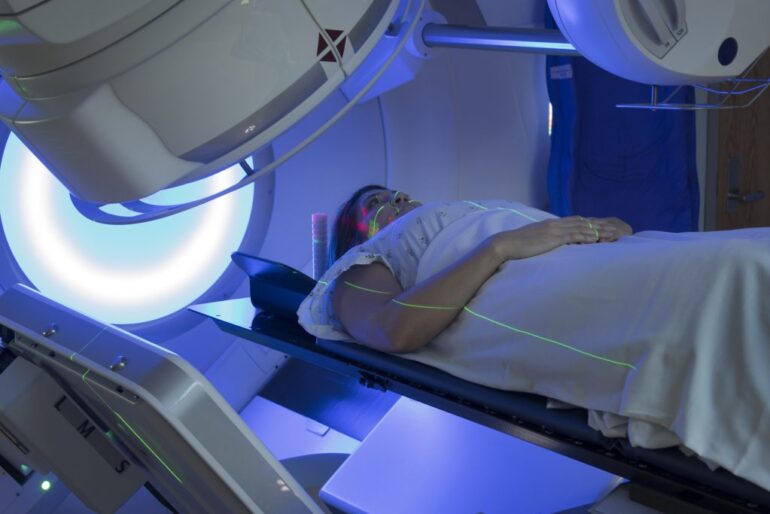TL;DR:
- Machine learning shows promise in predicting adverse events in cancer therapy.
- Meredith Cummings conducted a review to assess the state of machine learning in predicting treatment-related symptoms.
- The review identified gaps in machine learning predictive models.
- A total of 30 articles were evaluated, with radiation being the most explored treatment modality.
- Commonly predicted symptoms included radiation-induced xerostomia, radiation-induced temporal lobe injury, and chemotherapy-induced myelosuppression.
- Machine learning models achieved an accuracy range of 0.65 to 0.85 in predicting treatment-related symptoms.
- Cummings emphasizes the importance of nurses familiarizing themselves with machine learning and its potential applications in symptom management.
Main AI News:
The application of machine learning is increasingly recognized as a valuable tool in predicting adverse events during cancer therapy, as highlighted by Meredith Cummings BSN, RN, OCN. Cummings, a PhD student at the University of Pittsburgh School of Nursing, and a dedicated healthcare professional at the Allegheny Health Network Cancer Institute’s outpatient infusion center, recently showcased the potential of machine learning in a poster presentation at the esteemed 48th Annual Oncology Nursing Society Congress.
The objective of Cummings’ review was to comprehensively assess the current state of machine learning utilization in predicting treatment-related symptoms, with a focus on identifying any existing gaps in the realm of machine learning predictive models. Conducting their research in accordance with the Preferred Reporting for Systematic Reviews and Meta-Analyses Extension for Scoping Reviews guidelines, investigators turned to PubMed to gather relevant articles for their study. Specifically, they sought out articles that evaluated machine learning techniques in predicting symptoms related to anticancer therapy for patients suffering from head and neck cancer. The initial search yielded a substantial number of 331 articles, which were subsequently screened for eligibility. Following a thorough evaluation, a total of 30 articles were selected for further analysis.
Among the selected studies, it was found that a significant portion (11 out of 30) encompassed patients with head and neck cancers. Additionally, nine studies focused on patients with esophageal and nasopharyngeal cancers, while one study exclusively involved patients with laryngeal cancer. Throughout the review, radiation emerged as the most extensively explored treatment modality, constituting 62% of the studies analyzed. Notably, only three of the studies incorporated external validation measures to assess the efficacy of their predictive models. Synthesizing the findings of these studies, researchers identified radiation-induced xerostomia, radiation-induced temporal lobe injury, and chemotherapy-induced myelosuppression as the most commonly predicted symptoms. Impressively, these models achieved an accuracy range of 0.65 to 0.85 in predicting treatment-related symptoms, as measured by the area under the curve (AUC) accuracy score.
Cummings believes that machine learning holds substantial promise as a valuable tool for optimizing symptom management in the targeted patient population. She strongly encourages nurses to familiarize themselves with the intricacies of machine learning and its potential to enhance predictive capabilities. By harnessing the power of machine learning, healthcare professionals can potentially take proactive measures to mitigate adverse events and improve the overall quality of care provided to patients undergoing cancer therapy. With ongoing advancements in machine learning technology, the future looks promising for more accurate and personalized prediction of treatment-related adverse events in cancer patients.
Conclusion:
The research by Meredith Cummings sheds light on the growing role of machine learning in predicting treatment-related adverse events in cancer therapy. The findings highlight the potential of machine learning models to accurately predict symptoms, providing healthcare professionals with valuable insights to optimize symptom management. With further advancements in machine learning technology, the market can expect more accurate and personalized prediction of adverse events, enabling proactive measures and improved patient care in the field of oncology. Nurses and healthcare professionals should embrace the integration of machine learning in their practices to enhance predictive capabilities and improve patient outcomes.

